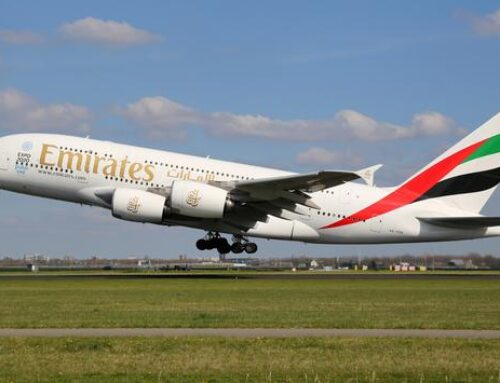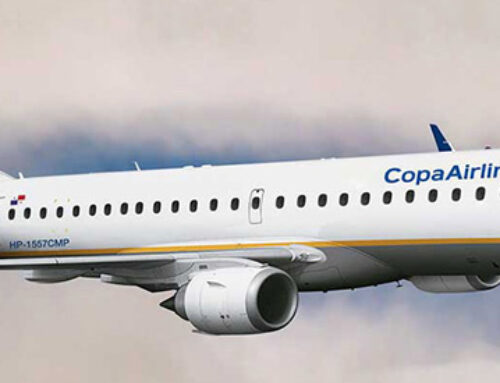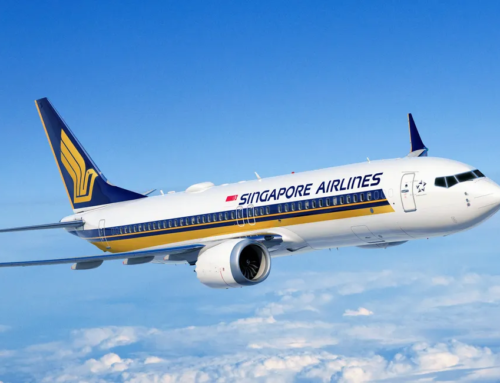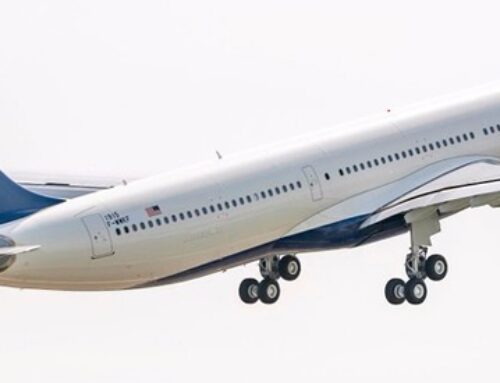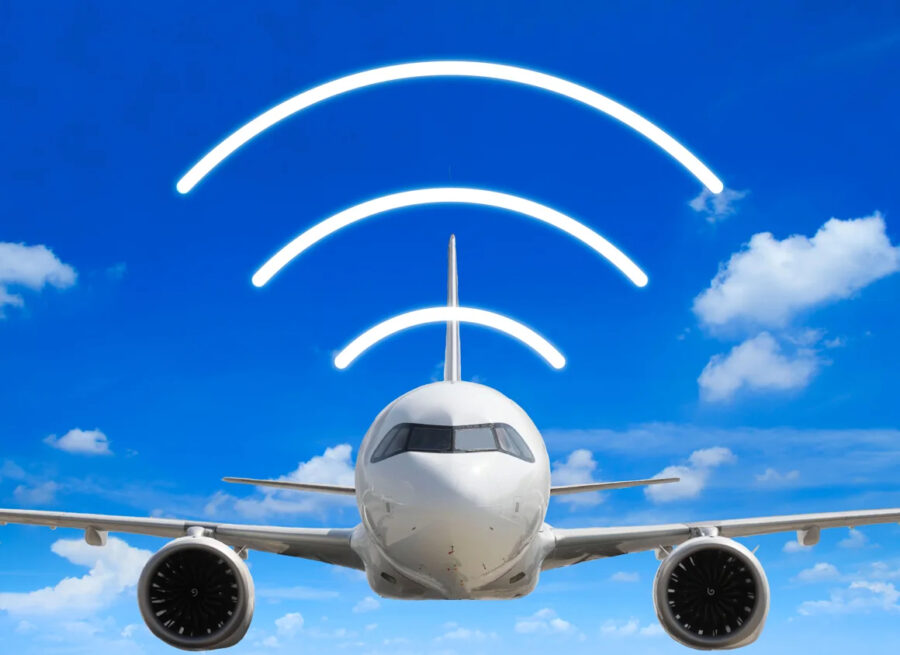
When traveling, staying connected is essential, but using public Wi-Fi, especially at airports, comes with risks. According to a 2023 Forbes Advisor survey, 43% of Americans who regularly use public Wi-Fi have experienced security compromises. This statistic underscores the need for caution when connecting to networks in places frequented by travelers, such as airports, cafes, and hotels.
Eric Plam, CEO of SIMO, a mobile hotspot company, warns of the dangers of public Wi-Fi, particularly through tactics like “man-in-the-middle” attacks. These occur when a hacker sets up a Wi-Fi network that mimics a legitimate one, capturing personal data from unsuspecting users. To avoid falling victim to such schemes, it’s crucial to verify the authenticity of the network, ideally connecting to networks that require a password, which generally indicates a higher level of security.
Tips for Protecting Your Data:
- Use a VPN: A virtual private network (VPN) creates a secure connection by encrypting your data, making it difficult for hackers to intercept. This is particularly important when accessing sensitive information such as bank accounts or personal emails.
- Stay Updated: Ensure your device’s security systems are up-to-date to fend off the latest threats.
- Password Management: Utilize a password manager to generate and store complex passwords, enhancing security for your online accounts.
- Mobile Hotspots: If public Wi-Fi seems too risky, consider using a personal mobile hotspot. While there is an upfront cost, ranging from $30 to $200, it offers a more controlled and secure connection.
Immediate Actions if Compromised: If you suspect that you have connected to a compromised network, disconnect immediately, change your passwords, and monitor your credit cards and bank accounts for unusual activity.
Charging Safely in Public Places: Besides Wi-Fi safety, travelers should also be cautious when charging devices in public areas. The concept of “juice jacking” involves hackers installing malware in public USB charging stations to steal data. While there are no confirmed cases, the risk exists. It’s safer to use a personal power bank or an AC adapter rather than a public USB port.
Is Airport Wi-Fi Safe? Yes, if you are vigilant about connecting to the official airport network and adhere to the recommended security measures. Networks like Boingo, often found in airports, typically incorporate added security features, making them safer options for travelers.
In conclusion, while airport Wi-Fi can be safe, maintaining cybersecurity while traveling requires awareness and the use of protective measures to safeguard your personal information against potential threats.
Sources: AirGuide Business airguide.info, bing.com, usatoday.com

